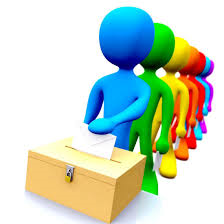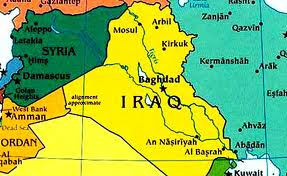After the landslide result of the 2015 UK Election, the Conservative Party is set to stay in control, led by David Cameron. The Labour Party ended up with around 100 less seats than the Conservative’s. However a lot of the talk since the election has been surrounding whether or not it is time to change the voting system, in light of the unbalanced nature of the allocation of seats between the UKIP, Liberal Democrat and SNP parties.
The 2015 Election results saw the Conservative Party win 331 seats, enough for a sole majority, with Labour winning 232. However the majority of the rest of the seats causes great controversy. The SNP attained 56 seats, while the Liberal Democrats won 8. The controversy lies with UKIP – and the fact they only won 1 seat. The controversy is that UKIP received more votes than the SNP and Liberal Democrats combined! Yet, ended up with 63 fewer seats than the duo. It could be argued the current system isn’t offering a true representation in the House of Commons in regards to what the Great British Public really want.
The following graph shows the results of the 2015 election in the current system, with a revised result under the “Proportional Representation” system shown below.

The real winners of the election were the Conservative Party and the SNP. Interestingly, when you compare the results to the Proportional system, they too are the ones that have heavily benefited. The biggest losers are Labour and UKIP. Labour would have had a chance of forming their own majority, while UKIP would have had a greater influence in the future of the country. A proportional system uses the percentage of votes a party gets and turns it into a fraction of the 650 seats statistically deserved by a party. As the graphs show – the differences are huge.
Whenever the topics of “Politics” arises, a negative stigma is usually attached to it. It can be argued this isn’t surprising, when the results of the 2015 election are quite clearly not representative of what the country wants. Even the Green Party would have more influence – a move to a Proportional system would certainly benefit the small parties and not make it a near-Monopoly like it so often is.
Of course there is a reason why the current system is used. It has been used for a long time and shows no sign of change. There are renowned “stronghold” areas for some parties, where often any votes for the party not considered the “strong” one is near-redundant. These sorts of votes therefore can skew the results. A move to a proportional system might also open the floodgates to a large amount of small parties winning the seats, should enough votes be won. This raises the prospect of having too many parties in Parliament. This could lead to disagreements that hinder the chances of progress. Moreover, any chance of a party claiming a majority would be unlikely, leading to a hung-parliament being the norm.
However, despite the negatives that have been identified to do with the move, if Britain wants a fair electoral system, a move to Proportional Representation surely must be made. There is no way it is fair that UKIP has so many less seats compared to others. While UKIP have some radical views that are probably best left out of Parliament, you can’t deny that the amount of votes they received calls for more seats. The calls for an electoral reform have been boosted in light of the results of this election, though it is ultimately unlikely that it will happen. However, it is likely to be the most fair thing to do.
/MF/
(‘053’)



